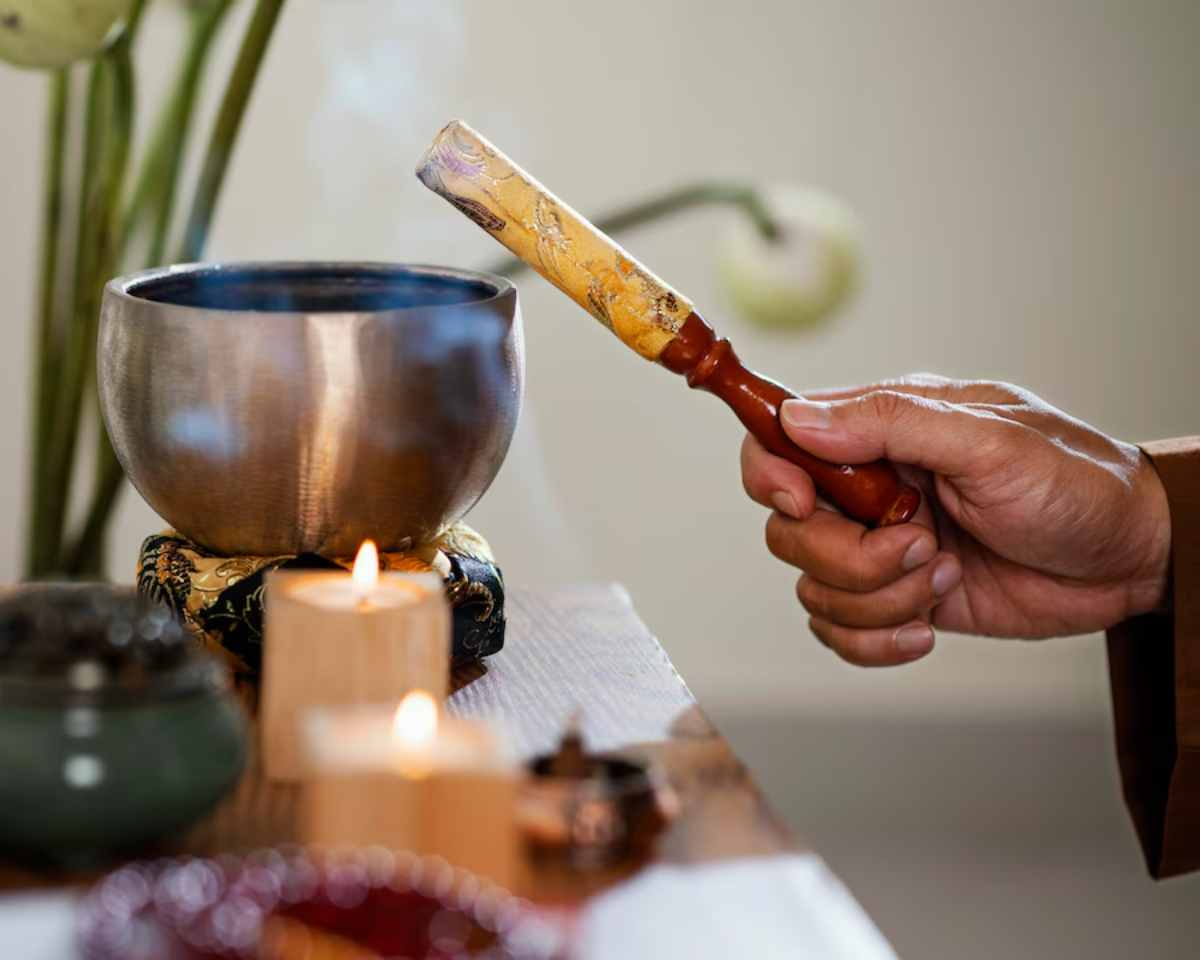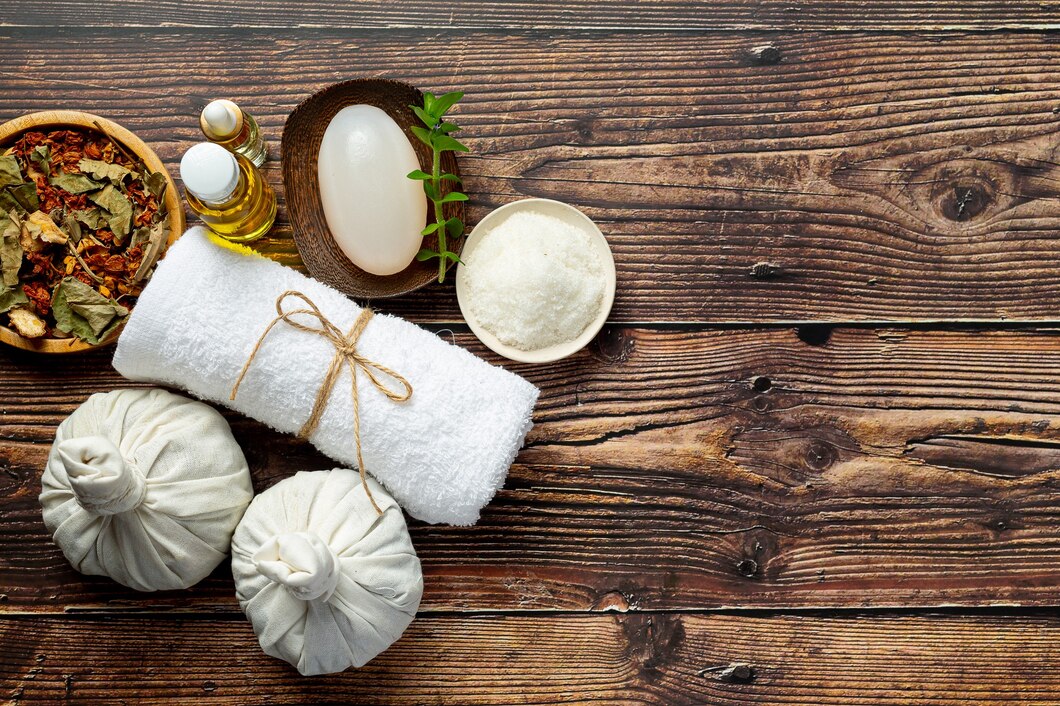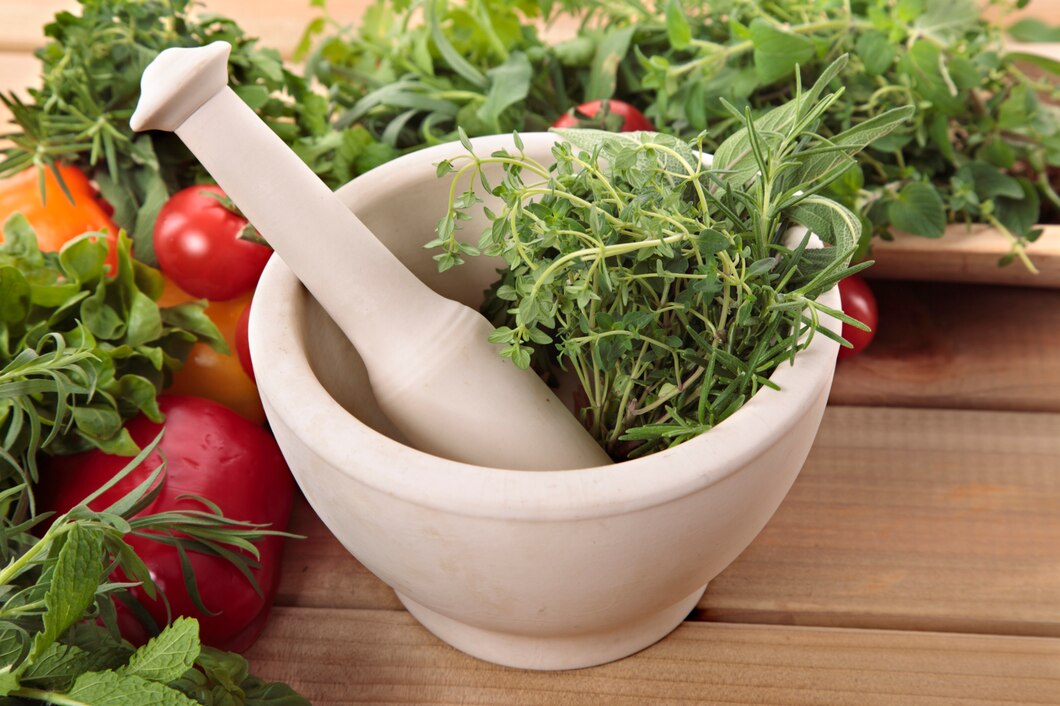Understanding Traditional Chinese Medicine & Herbal Healing
TCM, or Traditional Chinese Medicine, is an ancient, holistic health approach. It has been used for thousands of years to promote balance in the body. TCM focuses on the harmony between nature and people. It aims to correct the flow of energy called “Qi (Chi)” and restore balance between Yin and Yang. TCM includes various

TCM, or Traditional Chinese Medicine, is an ancient, holistic health approach. It has been used for thousands of years to promote balance in the body. TCM focuses on the harmony between nature and people. It aims to correct the flow of energy called “Qi (Chi)” and restore balance between Yin and Yang.
TCM includes various treatment methods like herbal medicine, acupuncture, cupping therapy, dietary therapy, and qigong. These methods help address imbalances, boost immunity, and enhance overall wellness.

The Core Principles of TCM for Wellness
1. Qi (Vital Energy) and Meridians
Qi is the life force that flows through pathways called meridians in the body. When Qi is balanced and flows smoothly, good health is maintained. Blockages or deficiencies in Qi can lead to illness and discomfort.
2. Yin-Yang Balance
Yin and Yang represent opposite yet complementary forces that exist in nature and the body. Yin symbolises coolness, rest, and nourishment, while Yang represents heat, activity, and movement. When Yin and Yang are balanced, health is optimal.
3. The Five Elements Theory
TCM categorises the body’s organs and natural elements into five groups:
- Wood (Liver, Gallbladder) – Associated with growth and vitality
- Fire (Heart, Small Intestine) – Represents heat and passion
- Earth (Spleen, Stomach) – Governs digestion and transformation
- Metal (Lungs, Large Intestine) – Connected to respiration and immunity
- Water (Kidneys, Bladder) – Relates to fluid balance and longevity
Understanding these elements helps practitioners diagnose and treat ailments holistically.
The Role of Herbal Medicine in TCM
1. Types of Herbal Medicine Used in TCM
Herbal medicine is one of the most essential components of TCM for wellness. Herbs are classified based on their effects on the body, including warming, cooling, nourishing, and detoxifying properties. Common TCM herbs include:
- Ginseng (Ren Shen) – Boosts energy, improves focus and supports immune function
- Goji Berry (Gou Qi Zi) – Enhances vision, boosts immunity, and promotes longevity
- Licorice Root (Gan Cao) – Aids digestion, soothes sore throats and harmonises herbal formulas
- Astragalus (Huang Qi) – Strengthens the immune system and increases vitality
- Reishi Mushroom (Ling Zhi) – Known for anti-aging and stress reduction benefits
- Ginger (Sheng Jiang) – Aids digestion, boosts circulation, and relieves nausea
- Turmeric (Jiang Huang) – Anti-inflammatory and beneficial for joint health
2. How TCM Herbs Work
Herbs in TCM are typically used in formulas, combining multiple ingredients to enhance therapeutic effects. These formulas are available in various forms, including teas, powders, capsules, and decoctions.
3. Common Herbal Formulas and Their Benefits
- Si Jun Zi Tang (Four Gentlemen Decoction) – Boosts digestion and energy levels.
- Liu Wei Di Huang Wan (Six Flavor Rehmannia Pill) – Nourishes the kidneys and supports longevity.
- Xiao Yao San (Free and Easy Wanderer Powder) – Helps relieve stress and emotional imbalance.s
- Ba Zhen Tang (Eight Treasure Decoction) – Supports blood circulation and women’s health.

Other Holistic Healing Practices in TCM
1. Acupuncture
Acupuncture involves inserting fine needles at specific points along the body’s meridians to stimulate Qi flow, relieve pain, and improve overall wellness. It is commonly used for:
- Chronic pain relief
- Stress and anxiety management
- Digestive disorders
- Hormonal balance
- Migraine relief
- Boosting fertility
2. Cupping Therapy
Cupping involves placing heated glass cups on the skin to create suction. This therapy enhances circulation, reduces muscle tension, and removes toxins from the body. Many athletes use cupping to aid in muscle recovery and pain relief.
3. Tui Na Massage
Tui Na is a therapeutic massage that manipulates pressure points to alleviate pain and restore balance in the body. It is often recommended for:
- Sports injuries
- Back and neck pain
- Joint mobility
4. Qigong and Tai Chi
Qigong and Tai Chi are movement-based therapies that integrate breathing techniques, meditation, and physical exercises to enhance Qi flow and promote longevity. These practices are beneficial for:
- Reducing stress and anxiety
- Enhancing flexibility and strength
- Improving concentration and focus
The Benefits of TCM and Herbal Medicine
- Supports the Immune System – TCM herbs like astragalus and ginseng enhance the body’s defence mechanisms.
- Improves Digestion – Herbal medicine aids in regulating the stomach, spleen, and intestines for better gut health.
- Enhances Mental Clarity and Emotional Well-being – TCM practices help reduce stress, anxiety, and fatigue.
- Balances Hormones and Reproductive Health – TCM is widely used for menstrual health, fertility, and menopause support.
- Promotes Anti-Aging and Longevity – Many TCM herbs possess antioxidant properties that slow down the ageing process.
- Reduces Chronic Pain and Inflammation – Acupuncture, herbal treatments, and massage therapy alleviate conditions like arthritis and migraines.
- Supports Respiratory Health – TCM herbs such as liquorice root and ginseng can help manage asthma and allergies.
Integrating TCM into Daily Life
- Dietary Therapy: Eat according to TCM principles—consume warming foods in winter and cooling foods in summer.
- Herbal Teas: Drink ginseng tea, ginger tea, or liquorice root tea for daily wellness.
- Breathwork and Meditation: Incorporate Qigong or Tai Chi for mind-body harmony.
- Acupressure at Home: Apply gentle pressure to acupressure points to relieve stress and tension.
- Daily Movement: Engage in slow, intentional movement, such as Tai Chi, to promote circulation and relaxation.

The Growing Popularity of TCM in Modern Healthcare
Interest in holistic healing is on the rise, so is TCM gaining global attention. Many hospitals and wellness centres incorporate acupuncture, herbal therapy and mindfulness practice into standard medical treatment. TCM has been found to be effective for not only its benefits to mental health, improving immunity, and managing chronic diseases, but also for promoting sleep.
In a study published in the Journal of Alternative and Complementary Medicine, acupuncture was found to significantly reduce chronic pain in arthritis patients.Additionally, research from the National Institutes of Health (NIH) suggests that TCM herbal formulas may assist in managing inflammatory diseases and stress-related disorders.
Conclusion: Embracing TCM for Holistic Health
Traditional Chinese Medicine (TCM) and herbal healing provide a natural way to stay healthy. TCM focuses on Qi balance, Yin-Yang harmony, and the Five Elements. These principles offer effective tools for preventing illness and promoting well-being. You can improve your vitality and holistic health by using herbal remedies, acupuncture, or mindful movement.
As more people look for alternative therapies, TCM connects ancient healing methods with today’s wellness practices.